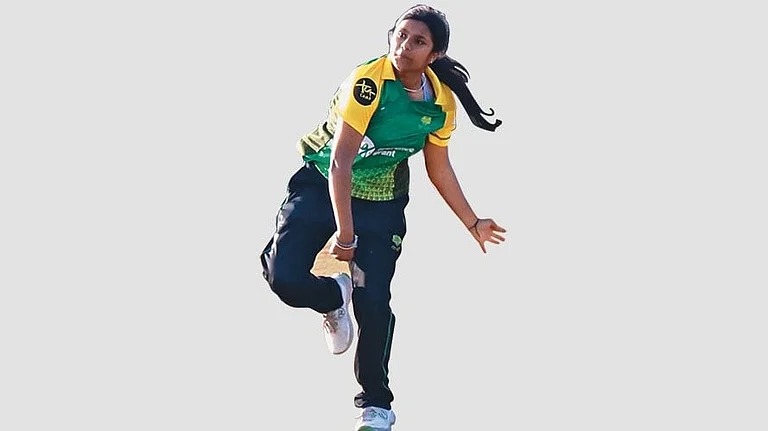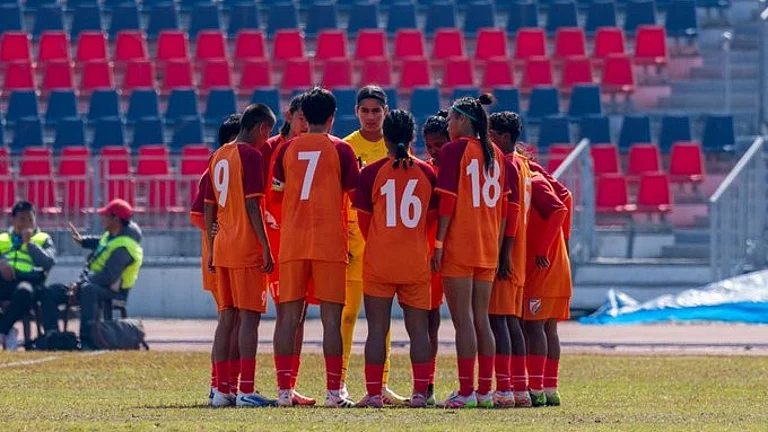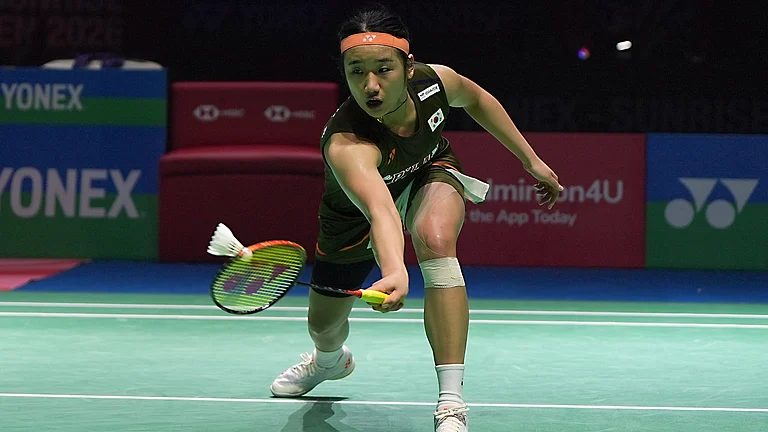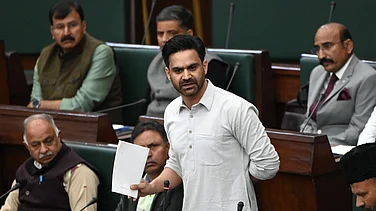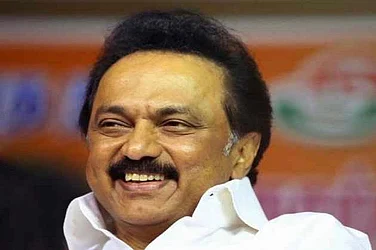A recent survey conducted by UNICEF has shed light on the attitudes of young men and women towards women's participation in the workforce, revealing a strong inclination towards prioritizing job opportunities over immediate marriage post-academics.
The survey, "Factors influencing young women's participation in labor force and non-traditional jobs," conducted by UNICEF's youth platform YuWaah and U-Report, engaged over 24,000 respondents aged 18-29 across India. According to the survey results, approximately 75 per cent of young women and men believe that securing employment is the most crucial step for women after their studies.
Conversely, less than a fifth of respondents advocated for immediate marriage post-academics. The survey also highlighted key factors influencing young women's decisions about workforce participation, with 52 per cent of respondents emphasising the importance of access to information, opportunities, and support from families.
Additionally, insights were gathered on various aspects affecting women's participation in the workforce, including post-marriage and childbirth decisions, preferences for traditional versus non-traditional job roles, and views on flexible work arrangements such as remote work.
Speaking on survey, Arti Ahuja, Secretary of the Ministry of Labor and Employment, stressed the need for collaborative efforts to support women's workforce participation. "Now is the time to support hardworking, motivated, talented and honest women workforce that makes 50 per cent of our population," she said.
"We must increase women workforce participation across all levels as we move towards becoming top 3 economies of the world by 2047," she added. Ahuja said the government is committed to creating a conducive ecosystem for increasing women's representation in both public and private sectors.
Manjula Singh, Executive Director of the Children's Investment Fund Foundation (CIFF), seconded her, as she stressed the transformative potential of economic empowerment for women. Dhuwarakha Sriram, Chief of YuWaah at UNICEF India, emphasised the importance of collective action in promoting gender equality and empowering young women economically.
She announced the launch of the #SakshamNaariKaSafar campaign, aimed at bridging gaps, expanding access to opportunities, and building a society where women are not only participants but leaders in the economic landscape.






.jpg?w=801&auto=format%2Ccompress&fit=max&format=webp&dpr=1.0)

